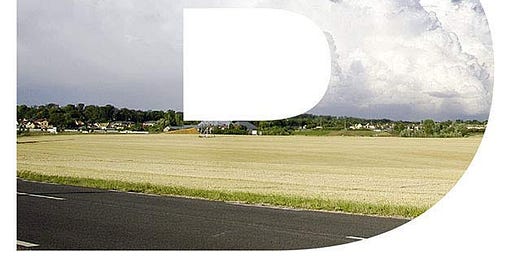An Exploration of the Relationship Between Human and Nature With Augustin Berque
What Is "Mesology"?
The term “mesology” is not a common word. It was first used by the biologist Charles Robin (1821–1885). Augustin Berque used it to refer to the study of the relationship between human beings and their milieu. For Berque one’s environment consists of an ecological, technological, and symbolic dimensions.
Berque’s perspective is the result of a long journey. Born in Rabat, Morocco in 1942, a child of Jacques Berque (1910–1995), an Arabist and professor at the Collège de France. His father known best for his criticism of the colonial system.
Augustin Berque, who wanted to become an orientalist, first learned Chinese. When the time came for the young geographer to go to China to complete his research, his plan was interrupted by the Cultural Revolution. He then went to Japan, using his Chinese skills to learn Japanese.
In Japan, his research focused on the people’s efforts to adapt rice cultivation to the cold climate of Hokkaido. This led Berque to reflect on the relationship humans have with nature. Something that would become central in his research.
Readers who are familiar with ecological and environmental philosophy are probably familiar with the works of Philippe Descola and Bruno Latour, two famous figures in French environmental thought.
The former work focuses on critiques of nature/culture dualism, while the latter’s critique focuses on the very idea that we are “modern” beings.
What characterizes Berque’s approach is that he, far from establishing provocative points of view, simply sought to understand, to make sense of, the phenomenon he saw during his various field studies.
For decades, Berque’s work has been nothing more than scientific research; far from the activism, idealistic statements, or the tendency of scientists to show their intelligence through groundbreaking ideas.
In this post, I will introduce you to one of the concepts Berque has been working on: the notion of “milieu”. I am quite sure that they will help you understand your own daily experiences, your interactions with other people, and your interactions with other living beings.
Keep reading with a 7-day free trial
Subscribe to Philosophy and Beyond to keep reading this post and get 7 days of free access to the full post archives.




